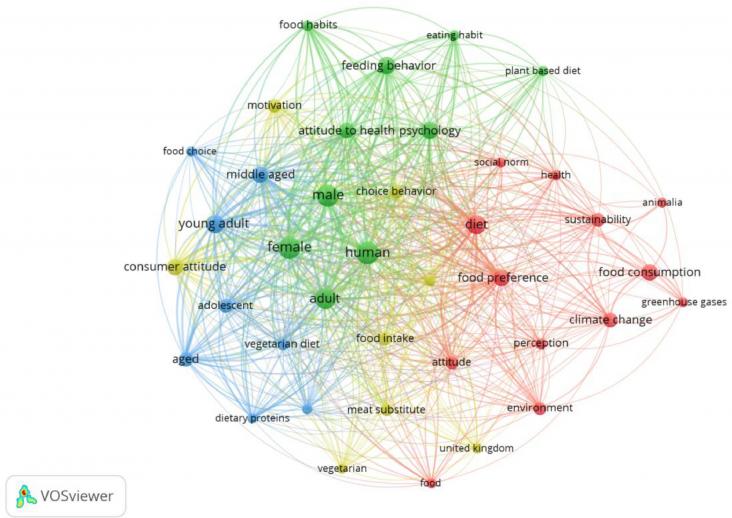
With the introduction of nanotechnology in the food industry, new and innovative techniques have started to develop, which holds a promising future to end malnutrition and help achieve United Nations Sustainable Developmental Goal-2 (UN SDG-2), named as zero hunger. This review highlights the need for nanofortification of vitamin B-complex in food matrix to address challenges faced by conventional fortification methods (bioavailability, controlled release, physicochemical stability, and shelf life).
A radical transformation of the world food system is needed to meet the UN sustainable development goals and ensure food security, whilst maintaining the health of the people and the planet. There is an urgent need to accelerate innovation for more sustainable and healthy food systems.
RELX SDG Customer Awards aim to recognise RELX customers who share our commitment to driving action in support of the United Nations Sustainable Development Goals. Read more about the 2022 winners.
Legumes offer a wide range of benefits in addition to improving food security within many regions of the world. Grain legumes particularly offer benefits as presented in this chapter.

Several studies have indicated that a global reduction in meat consumption is inevitable for sustainability and public health, despite the challenges inherent to changing eating habits.
The availability of food is the basic entity for the survival of human. The resources that make a nation food secured is guided by multiple factors and can be evaluated using a set of indicators.

Cow's milk is considered a staple in many diets due to its high nutritional value. It contains almost every nutrient that the human body needs.
Meat induces large environmental impact while supplying important nutrients, and meat substitutes are increasingly adopted as direct replacers of meat products.



